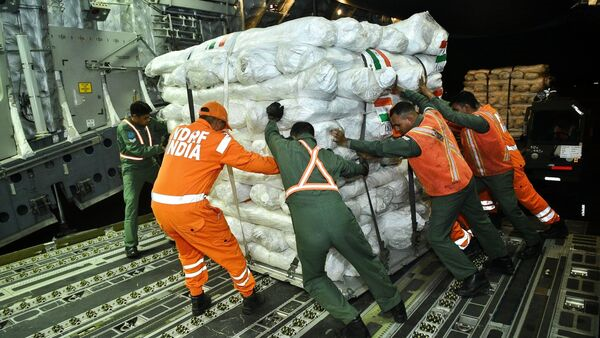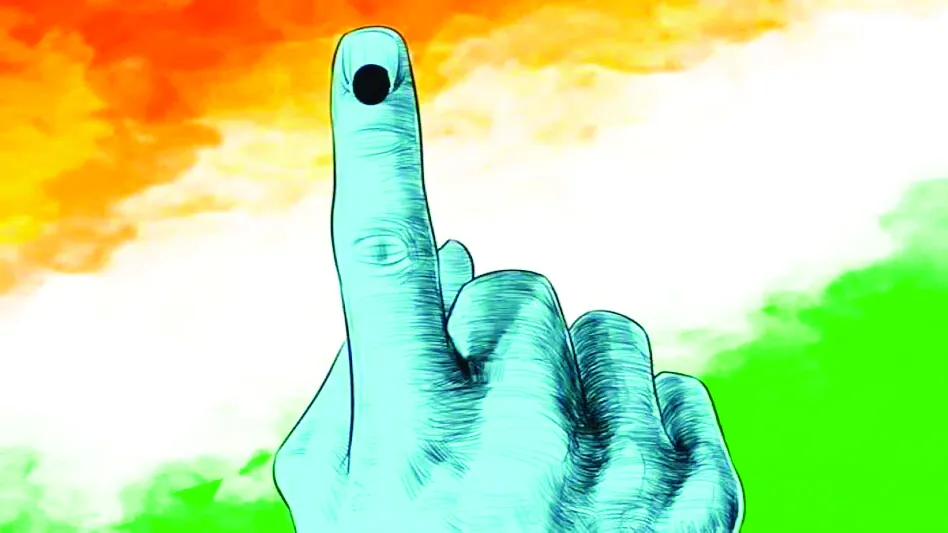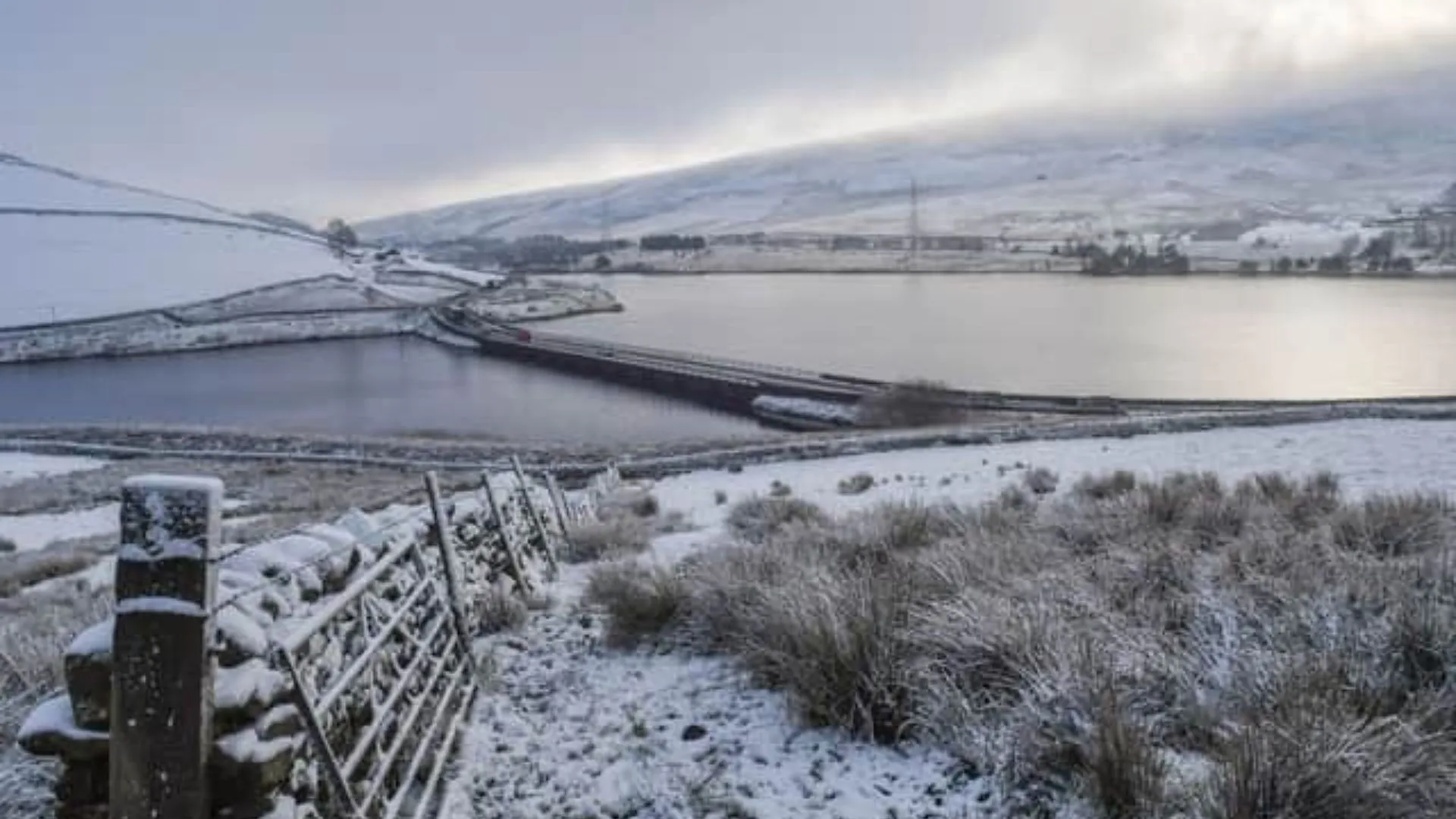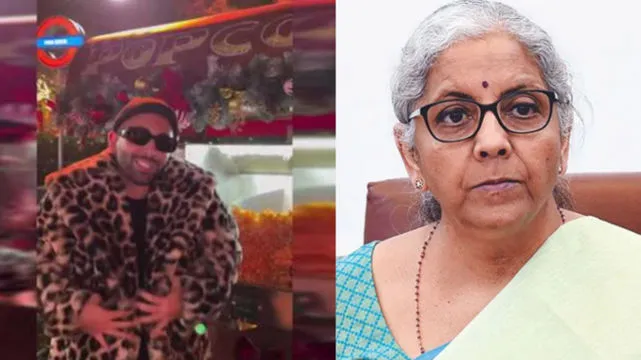In recent times, the relationship between India and Kenya has flourished, growing from strength to strength. This bond was recently demonstrated through India’s rapid humanitarian response to the devastating floods in Kenya, underscoring the deep-seated friendship and mutual relations between these two nations. Over the past two years, this partnership has evolved significantly, marked by high-level visits, productive dialogues, and collaborative initiatives that span various sectors.
The transformation in India-Kenya relations can be traced back to a landmark visit in the first week of December 2023, when President William Ruto of Kenya met with Prime Minister Narendra Modi of India. This visit followed their brief yet significant discussion at the sidelines of the COP28 Summit in Dubai on December 1, 2023. Their meetings not only cemented their personal rapport but also laid a robust foundation for enhanced bilateral cooperation .During President Ruto’s visit to India, the two leaders engaged in comprehensive talks, focusing on diverse areas of mutual interest. They agreed to explore cooperation in trade and investment, defense, agriculture, financial technology, and capacity building. These discussions culminated in the unveiling of a “Joint Vision Statement on Maritime Cooperation in the Indian Ocean Region – BAHARI,” reflecting their shared commitment to scaling up maritime engagement.
The strength of this partnership was put to the test when Kenya was hit by catastrophic floods, one of the most severe weather events the country has experienced in recent years. The floods, which began in March, wreaked havoc across 38 out of Kenya’s 47 counties, resulting in over 250 deaths, the displacement of thousands, and the destruction of nearly 2,000 schools. The severity of the situation was further compounded by the forecasted impact of Cyclone Hidaya, which threatened to exacerbate the flooding.
In response to this dire situation, India stepped forward as a key responder, showcasing its commitment to supporting Kenya in times of distress. On May 10, India dispatched its first tranche of humanitarian assistance, comprising food supplies and medical aid. This was followed by a second consignment on May 14, which included 40 tonnes of medicines, medical supplies, and other essential equipment. The aid was transported via Indian Air Force aircraft, highlighting the urgency and efficiency of India’s response.
External Affairs Minister S. Jaishankar’s statement on social media aptly captured the spirit of this endeavor: “Standing up for a historical partnership, a Vishwabandhu to the world.” This sentiment resonates deeply, reflecting the enduring bond and mutual respect that characterize India-Kenya relations.
The recent aid effort is part of a broader narrative of cooperation and mutual support. Historically, India and Kenya have enjoyed strong ties, with cultural and educational exchanges playing a pivotal role. Over the past decade, more than 2,000 Kenyans have benefitted from India’s training and capacity-building programs, including scholarships and short courses for civil servants, students, and professionals.
Recognizing the importance of education, both nations have fostered collaboration between their academic institutions. The partnership between Indira Gandhi National Open University (IGNOU) and the newly established Open University of Kenya (OUK) aims to promote distance learning and the use of technology in education, benefiting thousands of students in Kenya.
The Indian Council for Cultural Relations (ICCR) the cultural arm of the India’s Ministry of External Affairs has increased the number of scholarships for Kenyan students from 48 to 80 annually, demonstrating India’s commitment to nurturing the next generation of Kenyan youth leaders and professionals.
The recent floods in Kenya have underscored the urgent need for enhanced cooperation in disaster management. Both India and Kenya can benefit from sharing best practices and expertise in this domain. India’s National Institute of Disaster Management (NIDM) is renowned for its expertise in disaster response and mitigation. By leveraging this expertise, Kenya can strengthen its disaster management capabilities, ensuring better preparedness and response in the future.
Moreover, the technological prowess of both nations can be harnessed to develop innovative solutions for disaster mitigation. Young talents from India and Kenya, particularly in the technology and startup sectors, can collaborate to create cutting-edge technologies and applications aimed at disaster prediction, management, and recovery.
The evolving partnership between India and Kenya is a testament to the enduring friendship and mutual respect that both nations share. India’s swift humanitarian response to Kenya’s flood crisis exemplifies this bond, highlighting the spirit of solidarity and cooperation that underpins their relationship.
Dr John Mwangi is Head of Research at Mashariki Research and Policy Center, Kenya.
Dr Monojit Das is a geopolitics researcher with interests in the global south.























